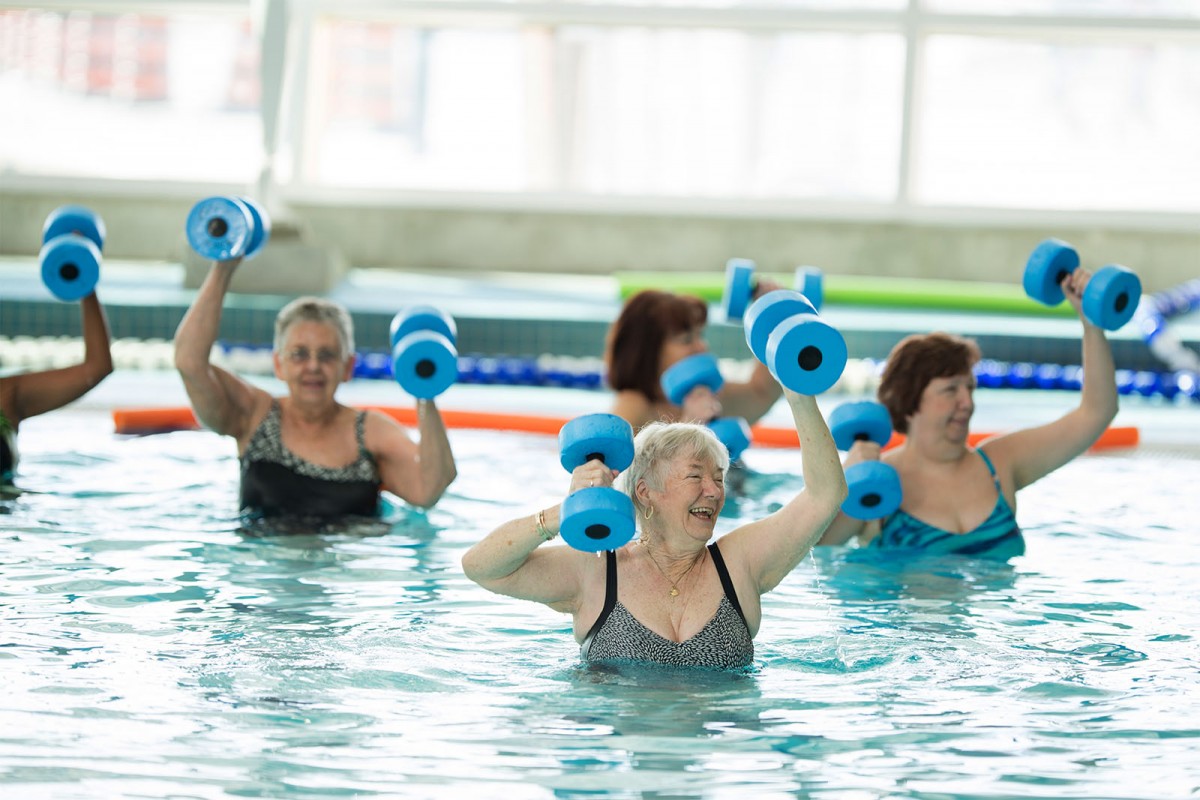Falls can happen any time, any where and at any age. Fortunately, many falls can be avoided by having some simple preventative measures in place.
We’ve listed below some easy steps to prevent falls for you or your loved one:
Staying active
Movement is an important part of any stage of our lives – especially as we age. As we grow older, our muscle strength and balance reduces, which may contribute to a fall. Exercises specially designed to build and improve your muscle strength can massively help to reduce your risk of a fall by improving your balance, co-ordination and posture.
If you live in Southend, our friendly Physical Activity Specialists can work with you to increase your strength and balance if you’re worried or at risk of falling. Read more about the free service here.
Eating well
Eating well means to look after and fuel your body with a variety of delicious and nutritious food. When you eat well and follow a balanced diet, you will notice that you have much more energy which is vital to keep up your strength and prevent falls.
We know that eating well (and enough) can sometimes be difficult, so we’ve listed some of our best tips to make eating just that bit easier.
- Small snacks throughout the day – if you struggle with eating 3 main meals a day, opting for some light snacks may be better for you. Make sure the snacks you have are still nutrient-rich to help you feel energised throughout the day.
(Top tip: our favourite healthy and nutritious snacks are loaded yogurt bowls – a big dollop of low-fat yogurt topped with your favourite fruits and cereals – you can even add in some nuts for an extra protein boost!)
- Follow the Eatwell guides found here. The Eatwell guide is a useful tool that shows the amount of each food group we should eat to achieve a healthy and balanced diet.
- Make preparing, cooking, eating and drinking easy. Make sure any cups, plates and cutlery are easy to use. Kettle tippers, plastic cups and two handled mags are all equipment that can help make eating and drinking as seamless as possible. For more kitchen aids, click here.
Staying hydrated
With eating well, also comes making sure you’re drinking enough. Not drinking often may cause you to feel light-headed which can also affect your vision and mobility, increasing your risk of a fall.
The NHS recommends drinking 6-8 glasses of fluid a day (this is just under 2 litres). Luckily for us, this doesn’t just mean we’re only limited to drinking water. Diluting juice, milk, soups and teas (just be mindful how much caffeine you’re consuming) all count towards this recommended amount.
Look after your eyes
Eye health is important too! Our eyesight changes and may detoriate as we age, which can lead to a trip or fall. Getting your eyes and glasses checked regularly – at least every 2 years, so any vision problems can be detected early before they cause you to lose your balance and coordination.
Boost your bone health
Our bones play a crucial role in supporting our bodies, so it’s important we keep them healthy and strong. If you have a fall, weaker bones are much more likely to break so stronger bones can make any injury you may have much less serious.
Eating plenty of calcium-packed foods such as yogurts, tofu, cheese and canned fish like sardines, as well as focusing on weight-supporting exercises and getting enough vitamin D are some good ways to support your bone health.



